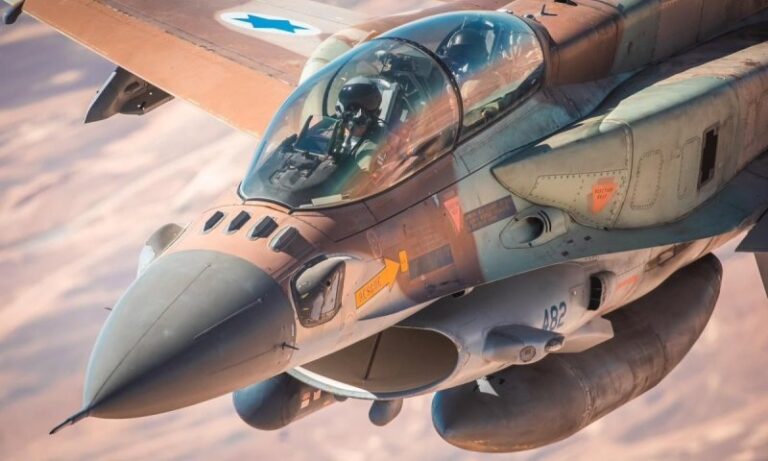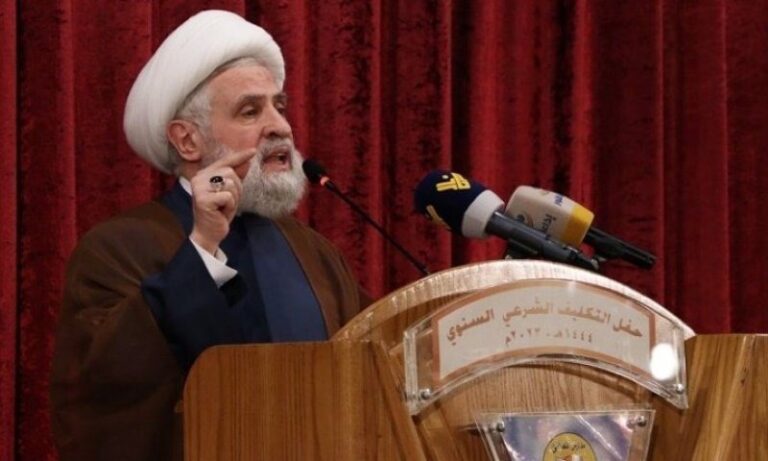 As Turkey spiraled into chaos late Friday during a military coup attempt, one of the concerns that emerged was particularly alarming: What was the status of nuclear weapons the United States keeps at Incirlik Air Base, the Turkish airfield from which the United States regularly launches airstrikes against the Islamic State?
As Turkey spiraled into chaos late Friday during a military coup attempt, one of the concerns that emerged was particularly alarming: What was the status of nuclear weapons the United States keeps at Incirlik Air Base, the Turkish airfield from which the United States regularly launches airstrikes against the Islamic State?
U.S. officials are loath to discuss the location of nuclear weapons, but Air Force budget documents state that “special weapons” are stored in Belgium, Germany, Italy, the Netherlands and Turkey. That’s a delicate way of saying nuclear weapons, as Jeffrey Lewis of the James Martin Center for Nonproliferation Studies pointed out Monday on Twitter.
“This is remarkable for avoiding the use of the word ‘nuclear.’ ‘Special weapons’ please,” he posted.
The “special weapons” are there as part of a nuclear-sharing agreement among NATO allies, including Turkey and the United States. The weapons deal, reached in the 1960s, holds that some NATO allies will allow the storage of B61 nuclear gravity bombs on their land, while other countries will commit to maintaining aircraft capable of delivering them, according to one NATO outline. The United States keeps possession of and provides security for the bombs wherever they are.
The deal was reached to deter Soviet aggression, but also to create conditions under which NATO countries like Germany and Turkey would be disinclined to pursue their own nuclear programs.
NATO said in a 2014 position paper that the alliance’s nuclear weapons “are stored under highly secure conditions,” without specifying where they are. But the merits of the nuclear-sharing deal have nonetheless long been argued by scholars, military officials and politicians, particularly when it comes to Turkey, where it is believed up to 90 are kept in storage.
Those in favor of the nuclear deal argue that it helps keep the military alliance together. In one example, Michaela Dodge with the conservative Heritage Foundation argued in a 2014 paper that the United States needed to continue projecting a “strong position in order to protect its national security interests, assure allies and deter adversaries.”
“Perceptions matter and at the time when all the nuclear powers have a robust nuclear weapons modernization program and would-be nuclear powers are trying their best to obtain their own nuclear weapon capabilities, current U.S. withdrawal of TNWs from Europe would be ill-advised,” she wrote, using an acronym for tactical nuclear weapons.
“It could be misinterpreted as U.S. indifference to the transatlantic alliance and increase Europe’s vulnerability to other nations’ blackmail,” she continued. “Even worse, should a conflict break out, it would place Europe’s posture at disadvantage.”
Historically, some of NATO’s top leaders have agreed. In 2005, Marine Gen. James L. Jones, then the supreme allied commander of NATO, was said to be in favor of eliminating the stockpile, but was met with resistance from other NATO leaders. The idea fell flat. More recently, Polish Deputy Defense Minister Tomasz Szatkowski said in December that his country was considering joining the sharing arrangement, although the Polish defense ministry denied that was the case a day later.
Critics of nuclear sharing in Turkey argue that the country’s instability make it a poor choice for nuclear weapons, especially this year as the country deals with an Islamist terrorism threat that has grown large enough that the United States sent home the family members of most diplomats and service members earlier this year.
Lewis, in a piece published Monday by Foreign Policy magazine, argued that it’s time to pull the nukes out of Incirlik, especially considering there are no planes based there permanently that can deliver them. He cited Greece as an example, saying it is believed that Washington pulled nuclear weapons from storage there in 2001 due to concerns about lax security.
Pentagon Press Secretary Peter Cook was pressed on the issue Monday by journalists, and said that the Pentagon has “taken appropriate steps” to maintain the safety of its people, families and facilities. The United States boosted security at bases it uses in Turkey to its highest level, Delta, after the coup attempt became clear, U.S. military officials have said.
But Cook declined to address a question about whether it is a good idea to have nuclear weapons stored in Turkey at this point.
“We’ve taken all those steps that we need to take to make sure that everything that we control in Turkey is safe and secure,” he said, after declining to discuss specifics about “strategic assets” like the the nuclear weapons.
The B61 bombs in storage at Incirlik are designed to be carried on a variety of high-speed jets, including the F-15E Strike Eagle, the F-16 Fighting Falcon and the F/A-18 Hornet. Each bomb is typically just under 12 feet long and weighs about 700 pounds, according to U.S. military specifications. They are stored in underground storage vaults inside aircraft hangars, and use control devices known as Permissive Action Links that make them difficult to use without authorization.
In Turkey, however, life isn’t close to returning to normal. As of Monday, U.S. troops were operating their facilities at the base using electrical generators, and one of the officers detained following the coup attempt was the Turkish commander at Incirlik. Flight operations from the base against the Islamic State had resumed, but much of the country remained in turmoil.
(c) 2016, The Washington Post · Dan Lamothe










